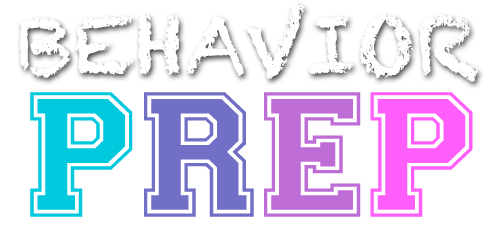E.12 Identify and apply the legal, regulatory, and practice requirements (e.g., licensure, jurisprudence, funding, certification) relevant to the delivery of behavior-analytic services.
Identifying and applying legal, regulatory, and practice requirements means understanding and following the laws, regulations, and professional standards governing behavior analysis. This includes adhering to licensure requirements, certification standards, funding guidelines, and other legal or regulatory frameworks that impact service delivery.
Example: A BCBA working in a state that requires a specific behavior analyst license ensures they have obtained and maintained the proper licensure to practice legally. Additionally, the BCBA is aware of and complies with insurance billing guidelines, ensuring that their services are accurately billed according to funding requirements. When providing services in a new state, the BCBA takes and passes the required jurisprudence exam to understand the local laws governing behavior analysis.
